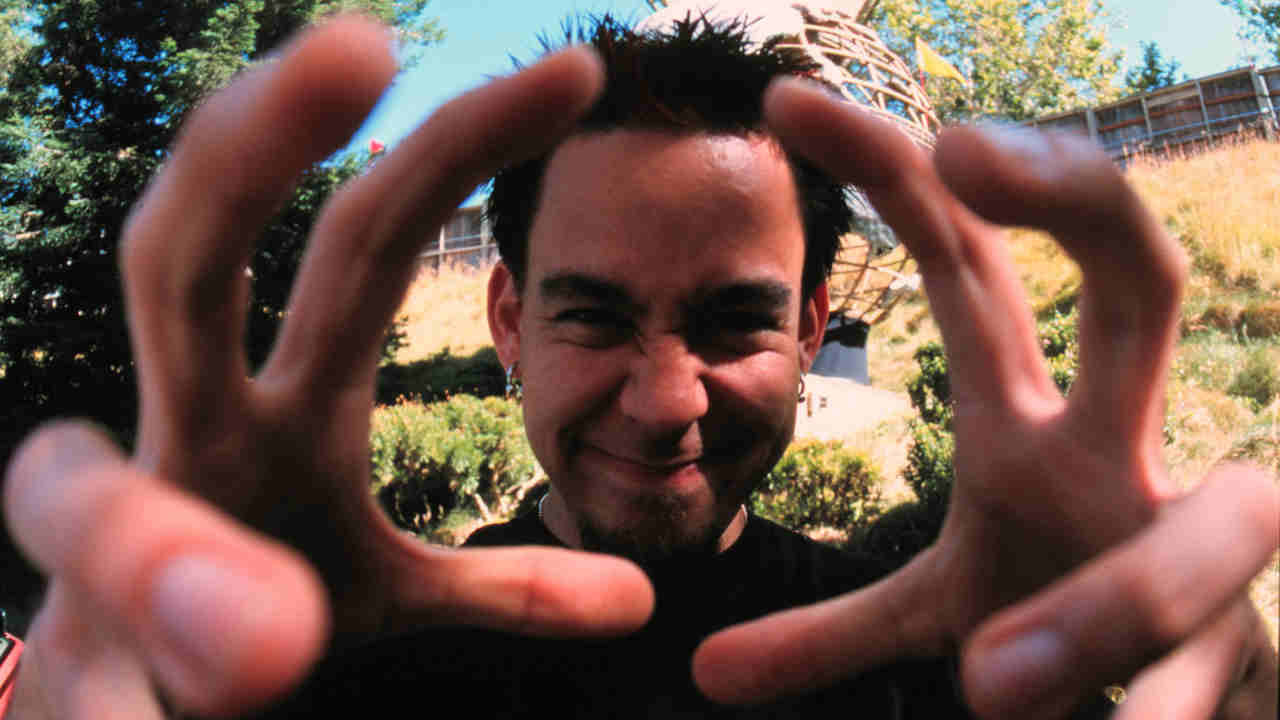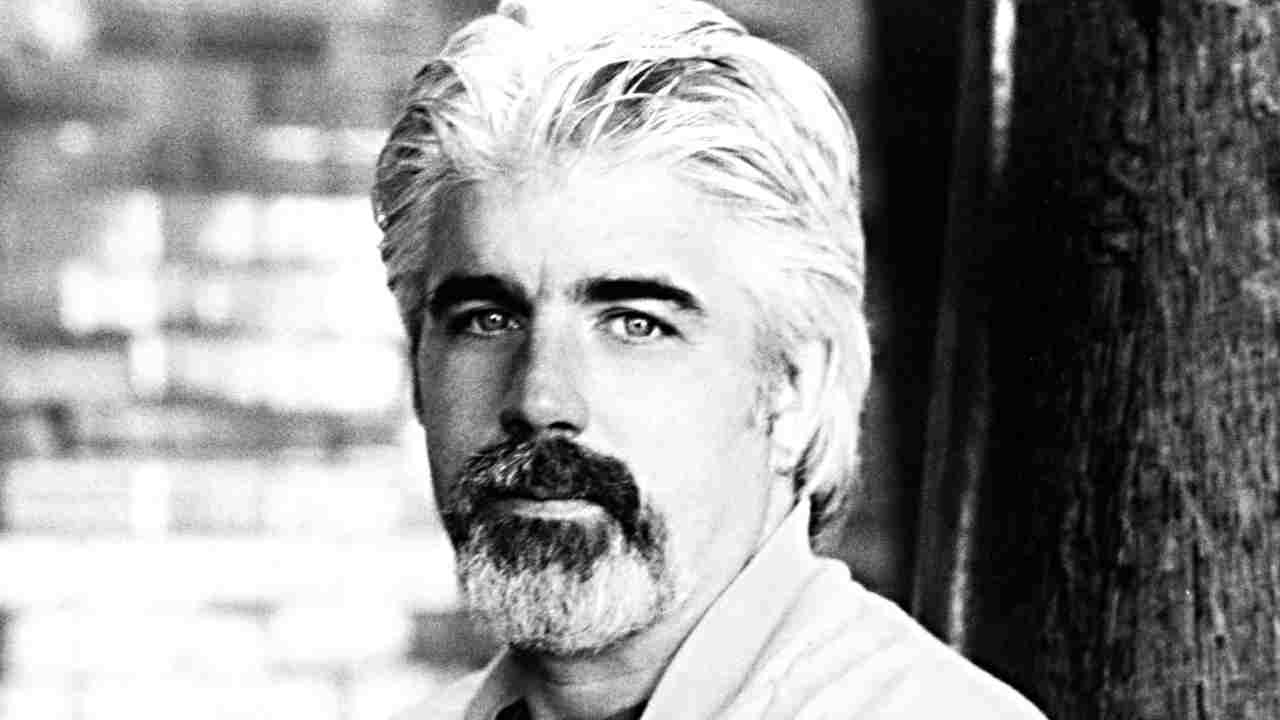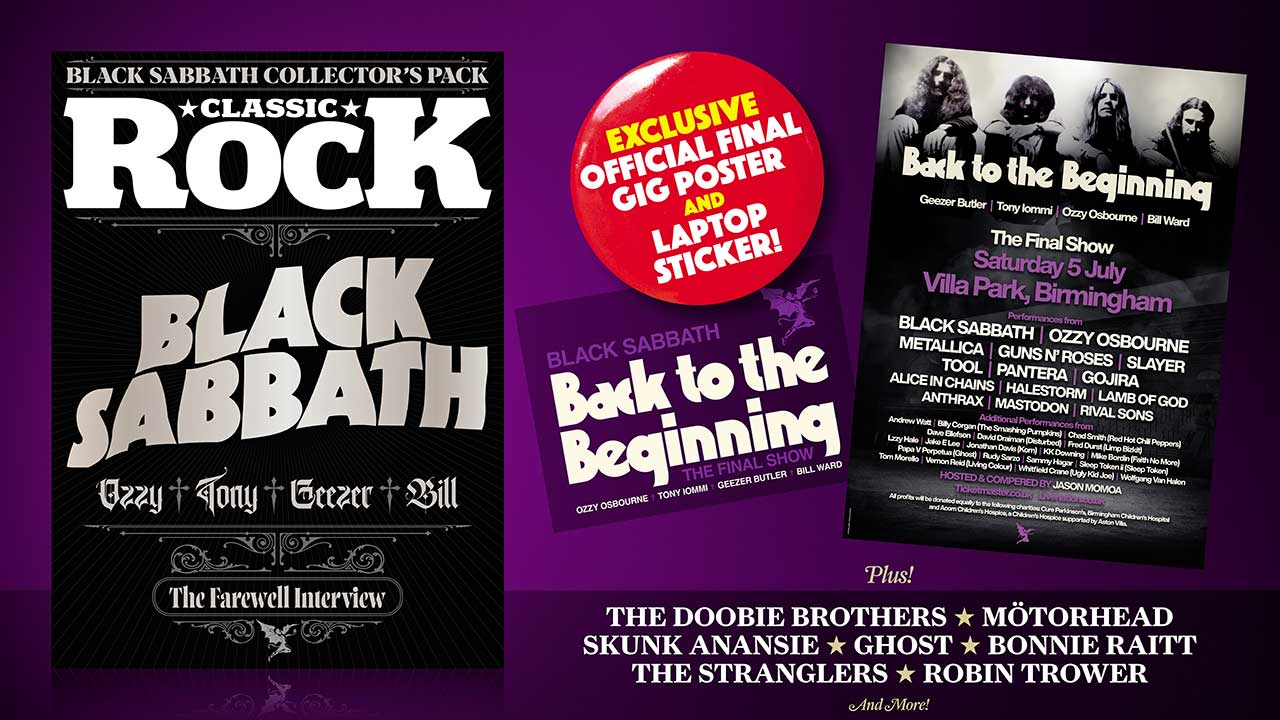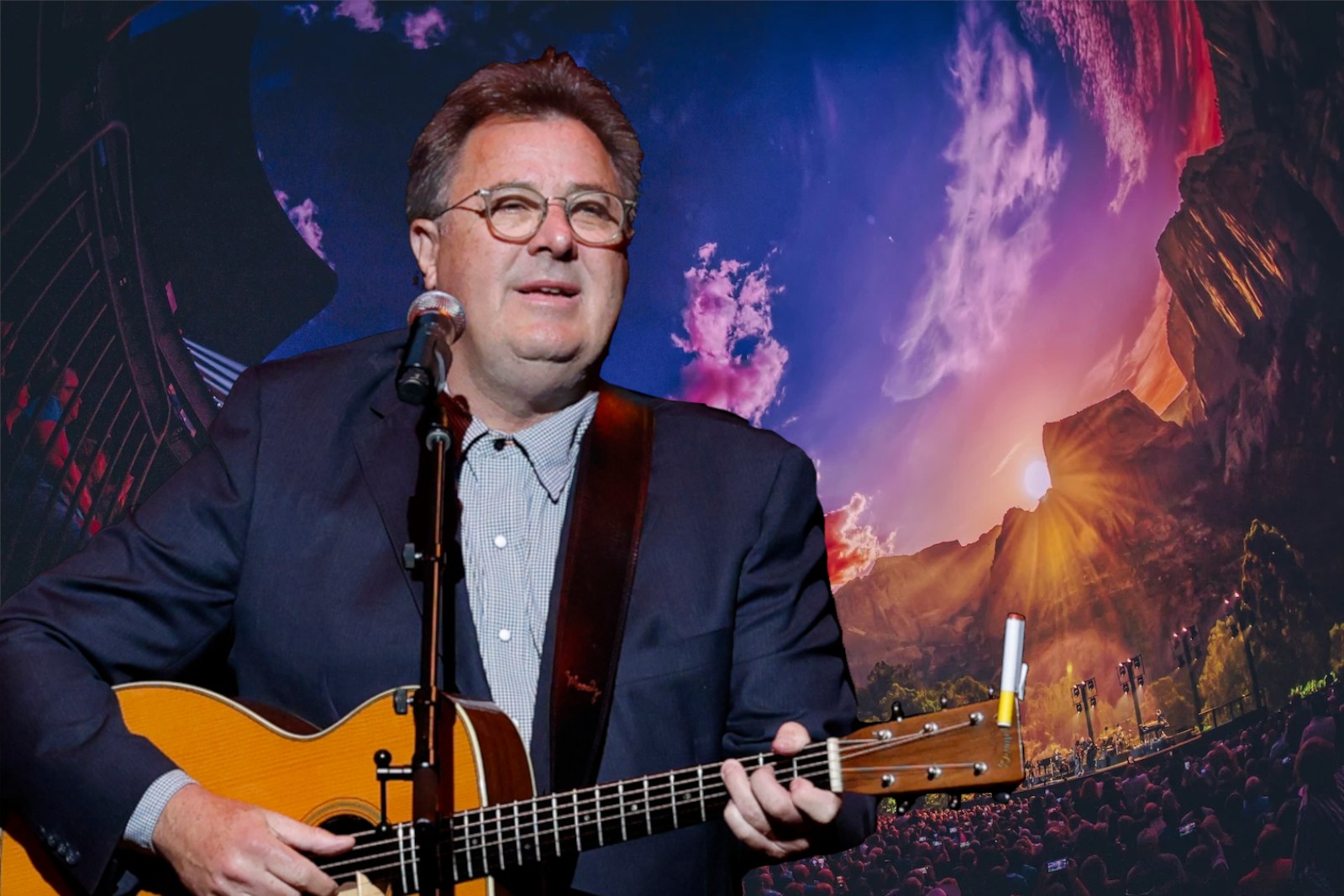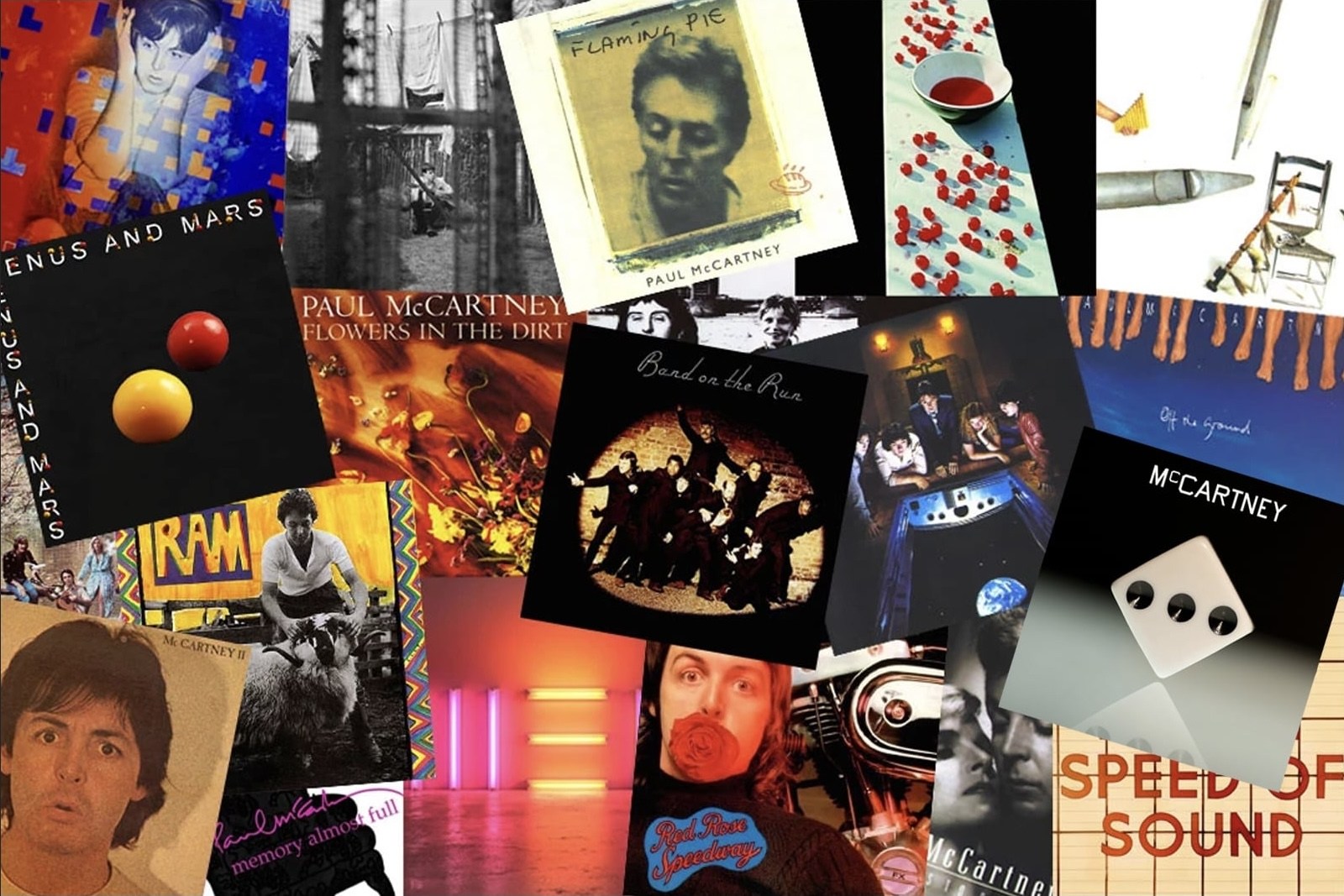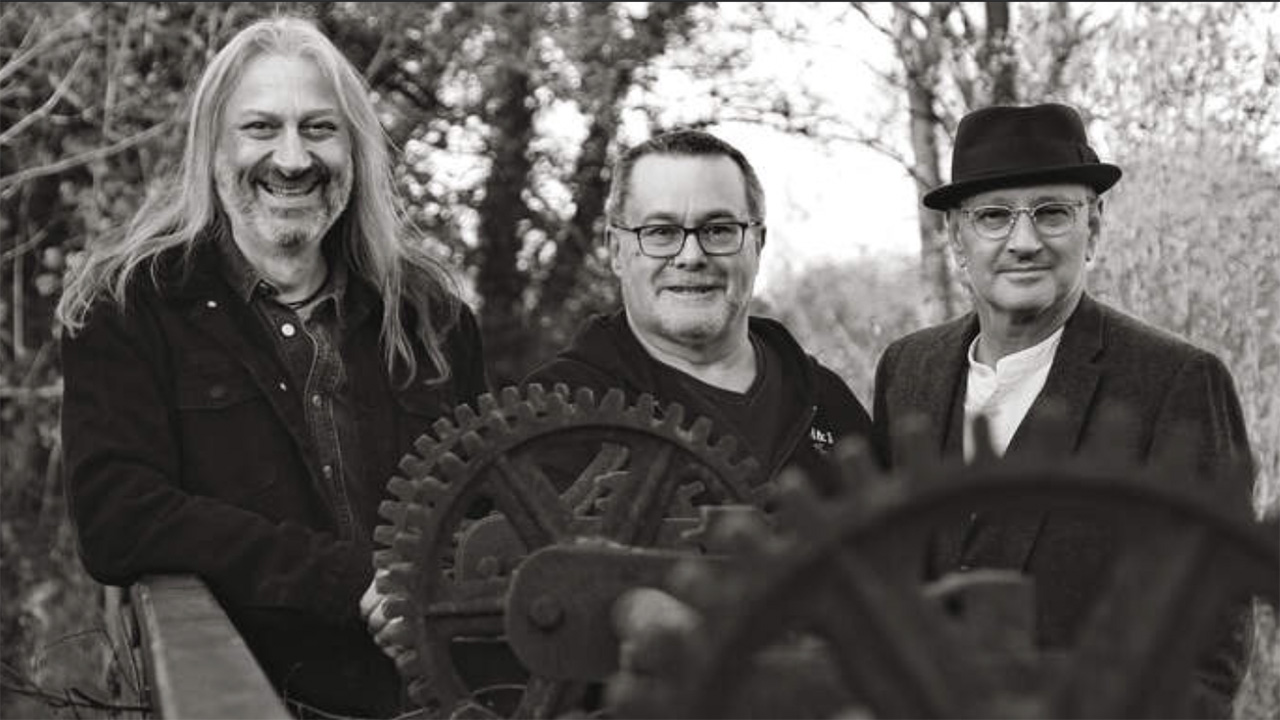
Originally released in 2002, Bard should have been Big Big Train’s final album, since founding bassist Greg Spawton’s personal life was in pieces and so was the band’s line-up – but fate had other plans. With the long-deleted record reissued, Spawton and former vocalist Andy Poole told Prog about their love-hate relationship with those songs and that era.
On Big Big Train’s 2024 tour, one of the highlights was the deepest cut on the setlist. Long, proggy and drawing on founding member Gregory Spawton’s passion for history, The Last English King preceded the work of the band’s current iteration, dating back even before the tenure of much-missed lead vocalist David Longdon.
The song was from their third album, Bard, from 2002, when the acclaim and prestige BBT now enjoy seemed light years away. They’d already been going for 12 years by then, and – with disillusionment setting in – the record was going to be their last hurrah.
The band were effectively a duo: Spawton and co-founder Andy Poole, with a loose musical collective around them. Poole, who left in 2018, has played a crucial role in the new, limited-edition reissue of Bard. A keen adopter of music software Pro Tools, he was the album’s de facto producer, and it’s from his archive of material that BBT’s engineer Rob Aubrey has remixed and remastered it.
“At the time, Bard did feel like a beginning of an ending,” Poole says. “We didn’t know whether we were going to carry on. And a lot of the subject material was autobiographical, around the dissolution of Greg’s first marriage. I can understand how, in subsequent years, he hasn’t been overly keen on revisiting it.”
Big Big Train perform The Last English King at The Boerderij in 2024 – YouTube 
This Is Where We Came In, A Short Visit To Earth and Broken English remain full of characteristic melodic ideas and musical vigour – but they also drip with sadness as Spawton got divorced from his first wife, with their two young children caught in the middle.
“Bard takes me back to an unhappy time in the band’s story and my own personal life,” Spawton says now. “It’s a strange thing to look back on, because they were such difficult, miserable times, but with happy days by the end of it. By then I was all sorted with my second wife, Kathy.”
While liking the album at the time, he went on to hate it, later describing it as “a terrible plod’ and adding: “It’s wallpaper music, nothingy, and I feel nothing about it.” He minted his own word for anyone who brought the album up; he would affectionately label them as ‘Bardstards.’
One called it a Sunday morning album. I thought, ‘No, no, no!’ But listening back I could hear that chilled-out vibe
Andy Poole
His reflections do the music a disservice. Bard remains an interesting hodge-podge of BBT’s old-school, Genesis-level prog, but with vestiges of the record’s own era. For context, 2002 was the year of Porcupine Tree’s In Absentia and Spock’s Beard’s Snow, the latter featuring BBT’s current drummer, Nick D’Virgilio.
“I hadn’t heard Bard in so long that when I played it back, it did feel sort of new,” says Poole. “I couldn’t always remember what was coming next. There’s Broken English, this great long track with a female vocal [guest artist Jo Michaels]. It’s got this instrumental section and so many ideas shoehorned into it. It goes all over the place, with this La Villa Strangiato guitar solo thing at the end.
“One early review said it felt like an album you’d put on on a Sunday morning to chill out to. I thought, ‘No, no, no: this is a rock album!’ But actually, listening back I could hear that chilled-out vibe. At the time Greg and I were soaking up chilled Ibiza stuff – Groove Armada, Zero 7 – as well as bands like The Blue Nile and Prefab Sprout. If you put all those together and mix them with our born-and-bred prog, you get Bard.”
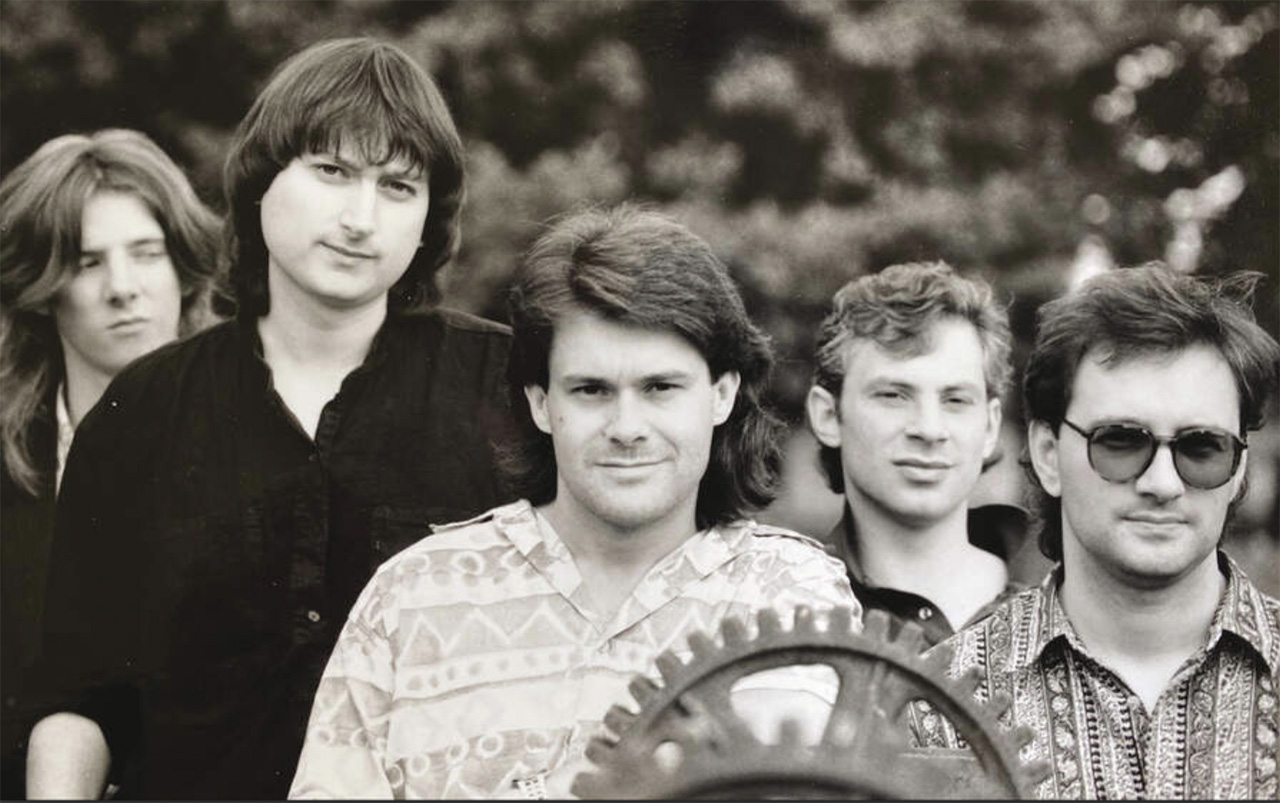
It was mainly recorded in the dining room of Spawton’s Bournemouth home. Third founder member Ian Cooper, who’d already moved on, rejoined briefly to add some synth parts. Phil Hogg, from Spawton’s school band Equus, stepped in when drummer Steve Hughes refused to play on the album after hearing and hating the demos. Pianist Tony Müller found himself promoted to lead vocalist, with former incumbent Martin Read busted down to backing singer, soon to exit altogether.
Their previous record deal, with IQ’s label GEP, had lapsed after 1997’s English Boy Wonders, so the record appeared in 2002 on the Spawton/Poole indie label Treefrog. To drum up interest they flyered outside other bands’ shows, doling out free sampler CDs to anyone who’d sign up to their mailing list. Despite some positive reviews in the prog press, they shifted just 300 of the 1,000 CDs they’d made. BBT were an act on the wane.
But they soon picked up a fresh head of creative steam. There followed two solid records with new singer Sean Filkins – 2004’s Gathering Speed and 2007’s meatily inventive The Difference Machine – and their fortunes changed decisively when Longdon entered the picture for 2009’s breakthrough LP, The Underfall Yard.
“People say that was the pick-up point for Big Big Train,” Poole reflects, “but from [1994 debut] Goodbye To The Age Of Steam to The Difference Machine, there’s quite a big body of work and there’s some really good stuff in there.”
There’s a good 45-minute album in there, but the problem was it was a 60-minute album. So you end up with a bit of a curate’s egg
Greg Spawton
As the ranks of their fans – the ‘passengers’ – grew, so more and more Bardstards were born. Remaining copies of that record sold out, became rare and started going for a pretty penny on eBay. It became a badge of honour to be able to refer knowledgeably to it, from its short, interstitial instrumentals – Harold Rex Interfectus Est, Malfosse and How The Earth From This Place Has Power Over Fire – to the epic For Winter and aching closer A Long Finish.
Remarkably, the only audio elements Poole couldn’t find were some of Jo Michaels’ backing vocals and a few percussion parts by Phil Hogg. The two kindly resupplied these for the reissue, with other changes being mainly cosmetic – an upgraded Mellotron sample here, a re-amped bass there.
Bard – Reissue Trailer – YouTube 
“Andy played bass on the record,” says Spawton. “I did consider re-recording some of it to make it all a bit more Rickenbackery, but I resisted. A few times it really needed some Taurus bass-pedal grit in there so I thought, ‘Fuck it!’ and added it.
“But the basic backing tracks sounded pretty good – Andy did a good job back in my dining room. The original album’s sound quality suffered because we just ran out of money to mix it properly. There’s a good 45-minute album in there, but the problem was it was a 60-minute album. So you end up with a bit of a curate’s egg. But it’s not terrible!”
That’s probably as close as he gets to embracing his own inner Bardstard. The reissued edition is a physical affair – vinyl and CD only; no digital – with two bonus tracks. Headlands is a lovely piece from during the original album sessions, and the other is that majestic live version of The Last English King, recorded during last year’s tour by the current line-up, and sounding huge.
There was always a good song in there waiting to get out; we just didn’t quite know how to get it together at that stage
Greg Spawton
It’s not surprising – Big Big Train now comprises some monster musicians: D’Virgilio, guitarist/keyboardist Rikard Sjöblom, keyboardist Oskar Holldorff, violinist Claire Lindley and, settling nicely into the role, frontman Alberto Bravin. When Bard first emerged, Spawton had done a handful of pub gigs, a few club support slots with Jadis, and one washout festival in The Netherlands. His own bass-playing has been seasoned by far more recording and live work in the ensuing two decades.
This year his band will return to the USA, board Cruise To The Edge for a second time, and play Canada for the first. The Treefrog label’s long gone, with current album The Likes Of Us released on premium prog imprint InsideOutMusic. A follow-up is underway. Things really have changed, again.
“We knocked the new version of The Last English King together in five hours,” Spawton recalls. “When we played it, I had a big smile on my face. There was always a good song in there waiting to get out; we just didn’t quite know how to get it together at that stage. I’m a late developer in these things; but it’s nice to be a little older and still feel you’ve got more to offer, and that you can still learn and grow. It’s a bit of a cliché, but it definitely is the case in my life.”
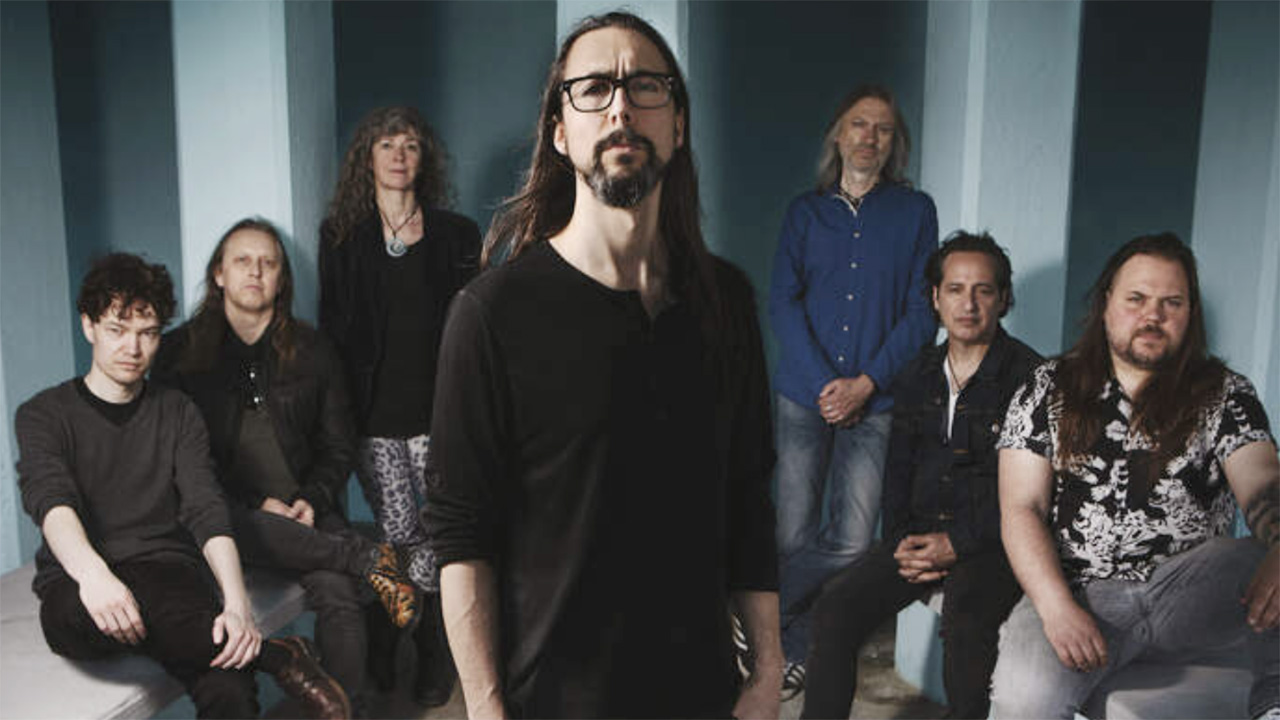
As for Poole, the last gig he even attended was his swansong show with the band, at London’s Cadogan Hall in 2017. He’s not musically active, but he’s teaching himself to play drums for fun, and is still enthusiastic about music, waxing lyrical about Black Midi frontman Geordie Greep and US chamber pop/indie rock artist Sufjan Stevens. He and Spawton have had some rocky moments in the past, but there’s a definite sense of rapprochement in the air around this reissue.
“Certainly when I was leaving the band, my friendship with Greg had soured,” Poole admits. “But it’s been years now, and I’ve been willing the band to do good things. It’s been such a tough journey, primarily losing David – which is just the most terrible thing – but all the other setbacks too. It’s with immense pride that I see everything they do, and I do follow everything they do. I feel incredibly proud of being involved with it.”
There’s the same banter as ever. We did a photoshoot for the reissue, and it was with the same bonhomie
Andy Poole
“The reconnection with Andy and Ian has been one of the nicest things to come out of this,” adds Spawton. “Andy especially has been highly engaged – this would not have happened without him. And the timing feels right. I think there’s enough water under the bridge for him to look back more fondly on Big Big Train, rather than just be pissed off with how things ended. It’s brought the old gang back together and we’re on good terms again. It’s been a really positive part of the process.”
The three men even have their own WhatsApp group. “It’s the Big Big Train Founders Club!” grins Poole. “We’ve been putting stuff on there and there’s the same banter as ever. We did a photoshoot for the reissue, and it was with the same bonhomie as there was right at the start. People don’t change, do they, really?”

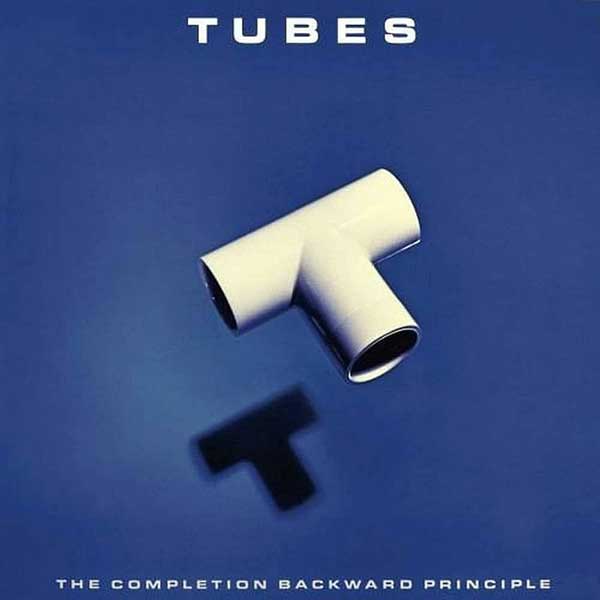



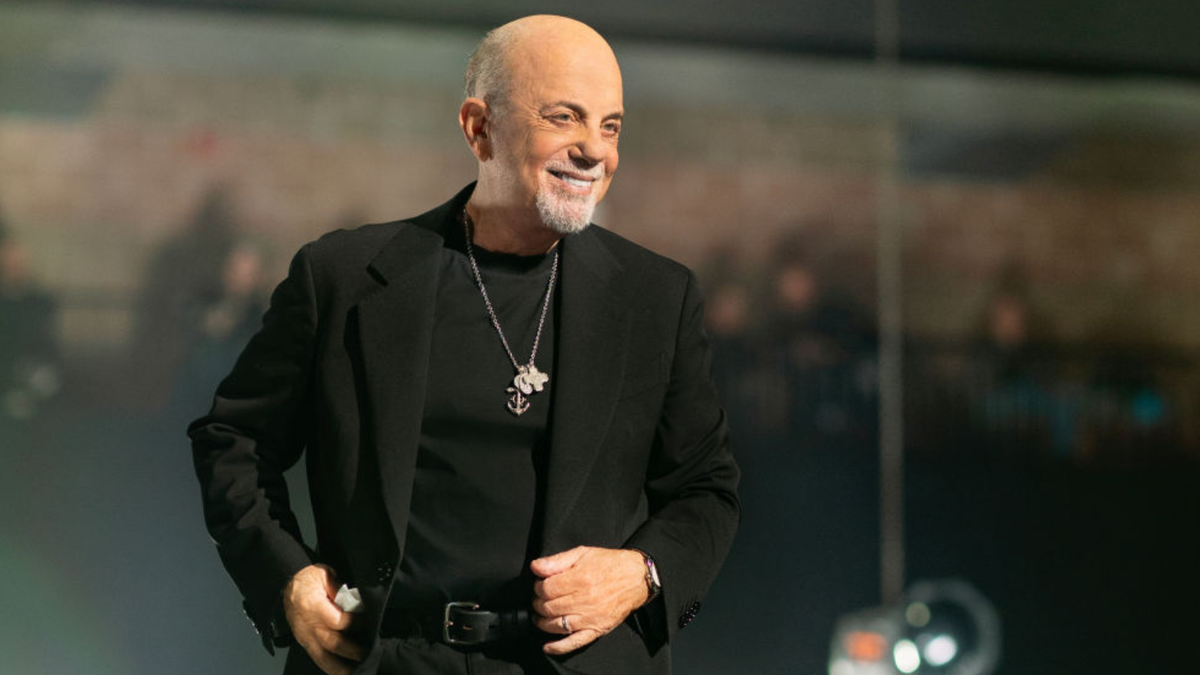


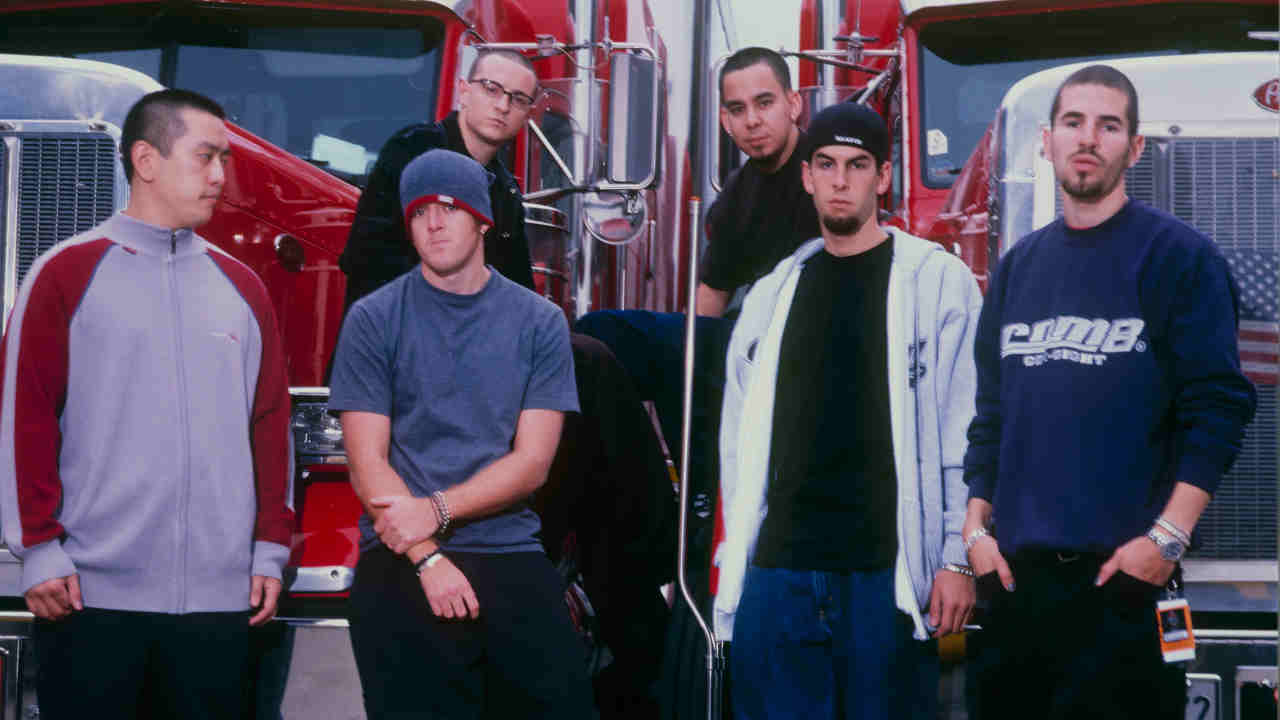

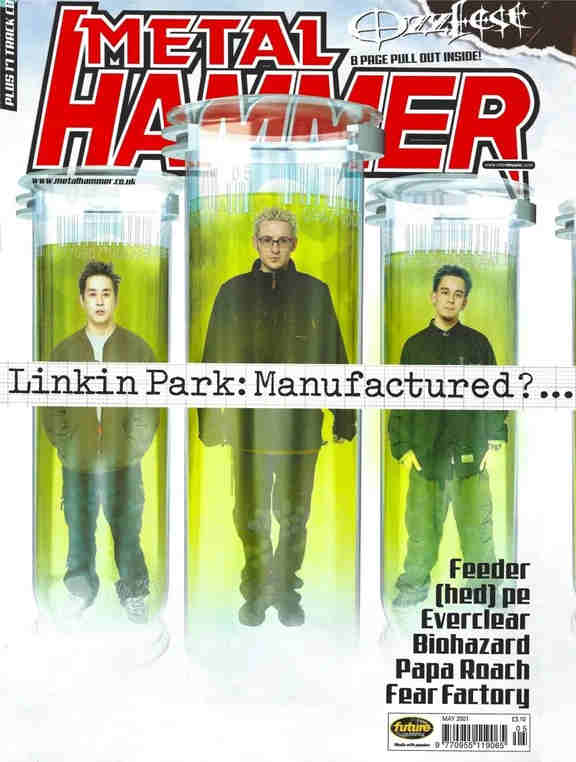
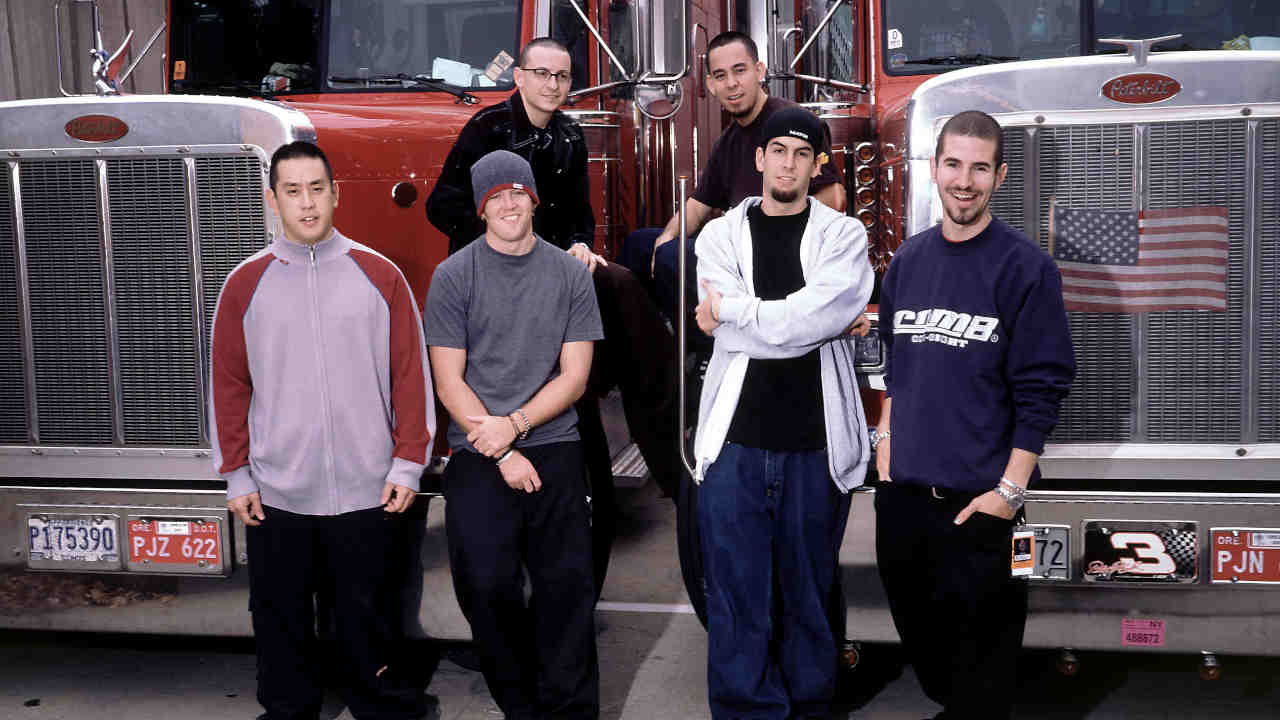
![One Step Closer [Official HD Music Video] - Linkin Park - YouTube](https://img.youtube.com/vi/4qlCC1GOwFw/maxresdefault.jpg)
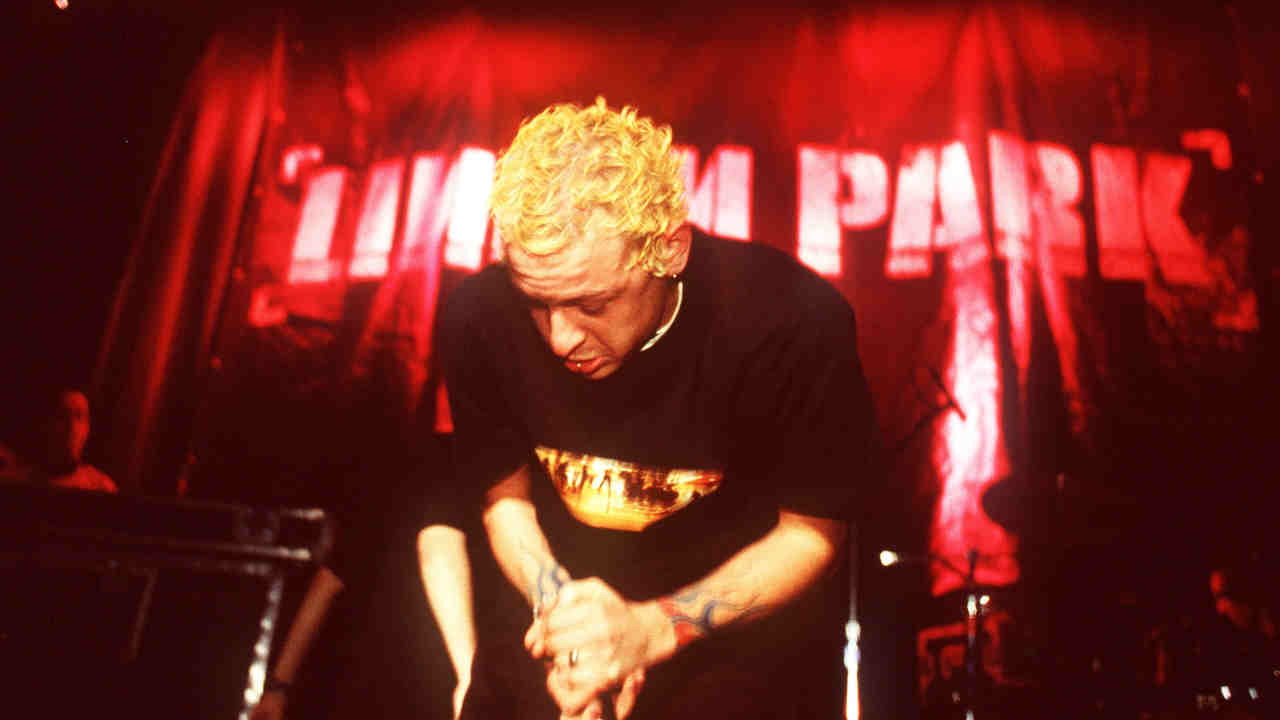
![In The End [Official HD Music Video] - Linkin Park - YouTube](https://img.youtube.com/vi/eVTXPUF4Oz4/maxresdefault.jpg)
